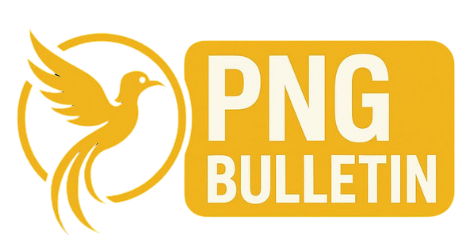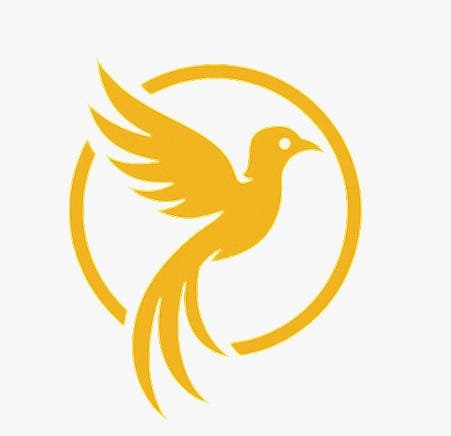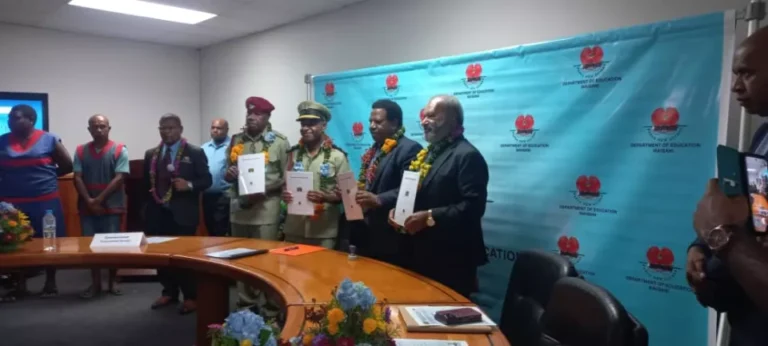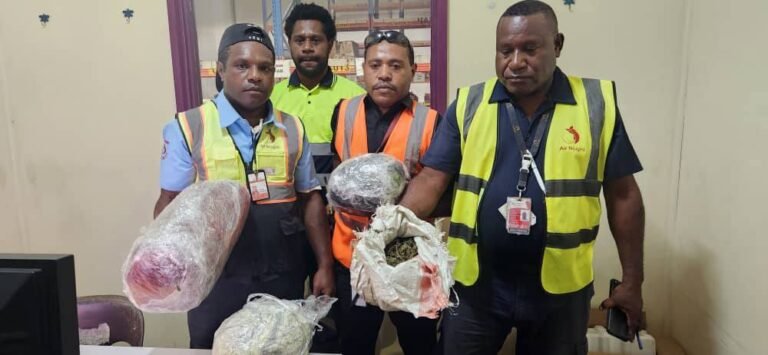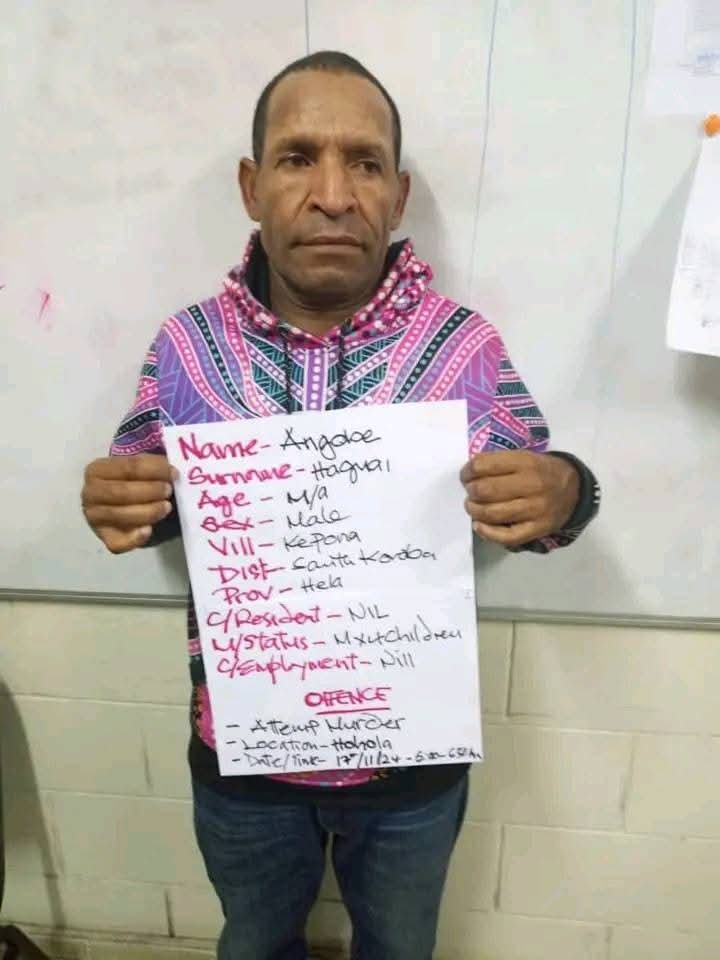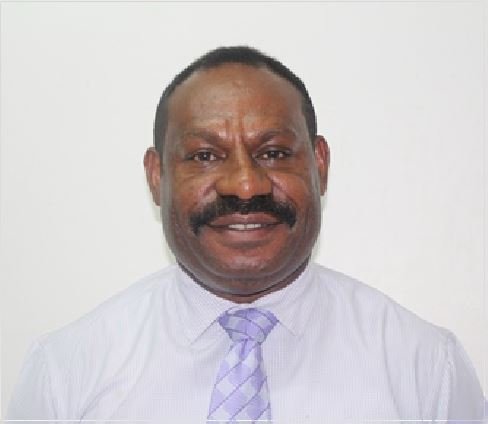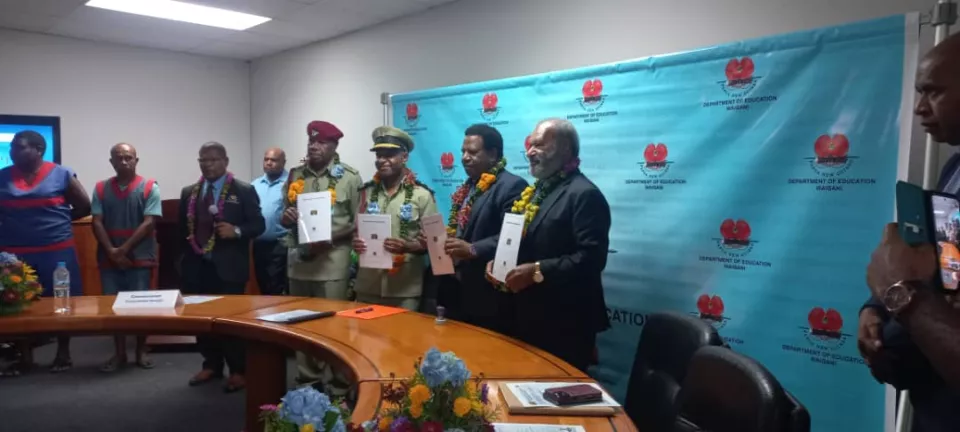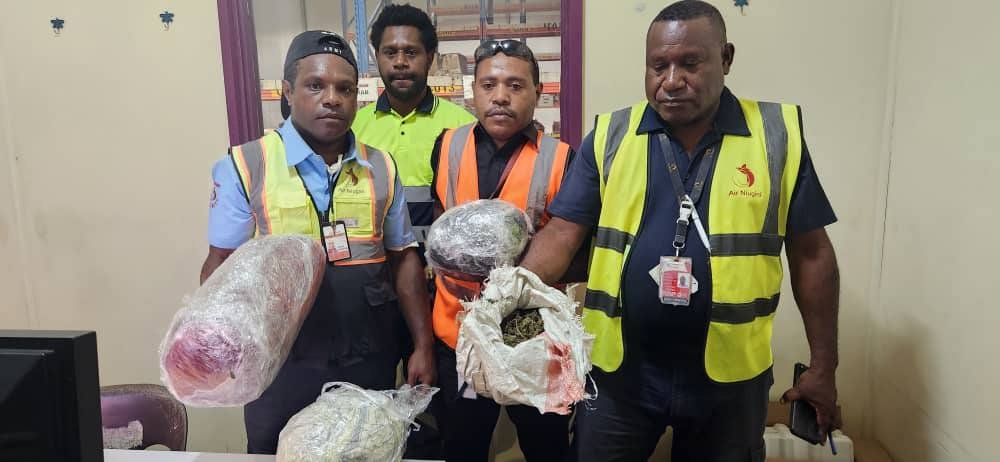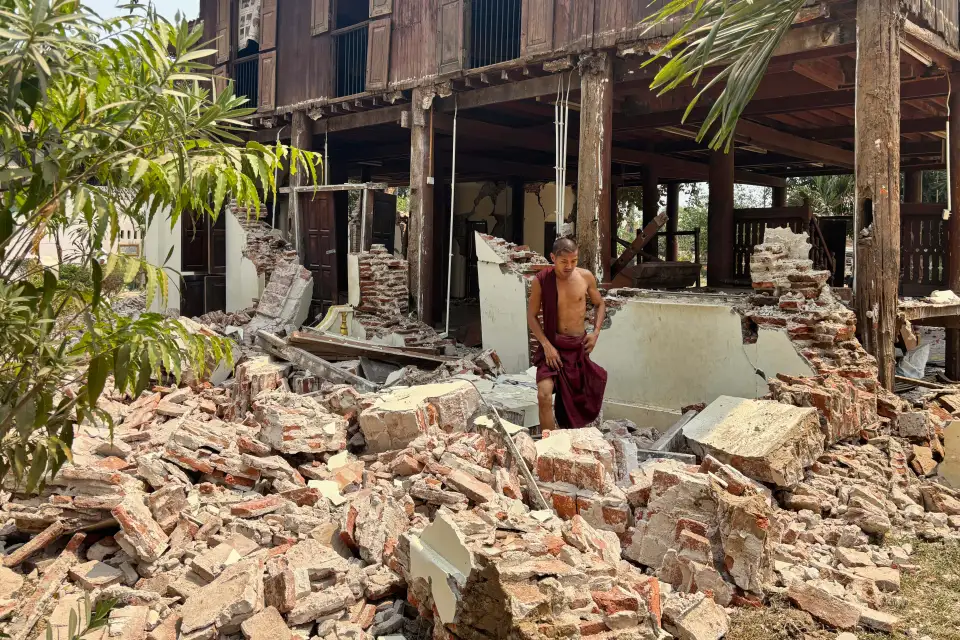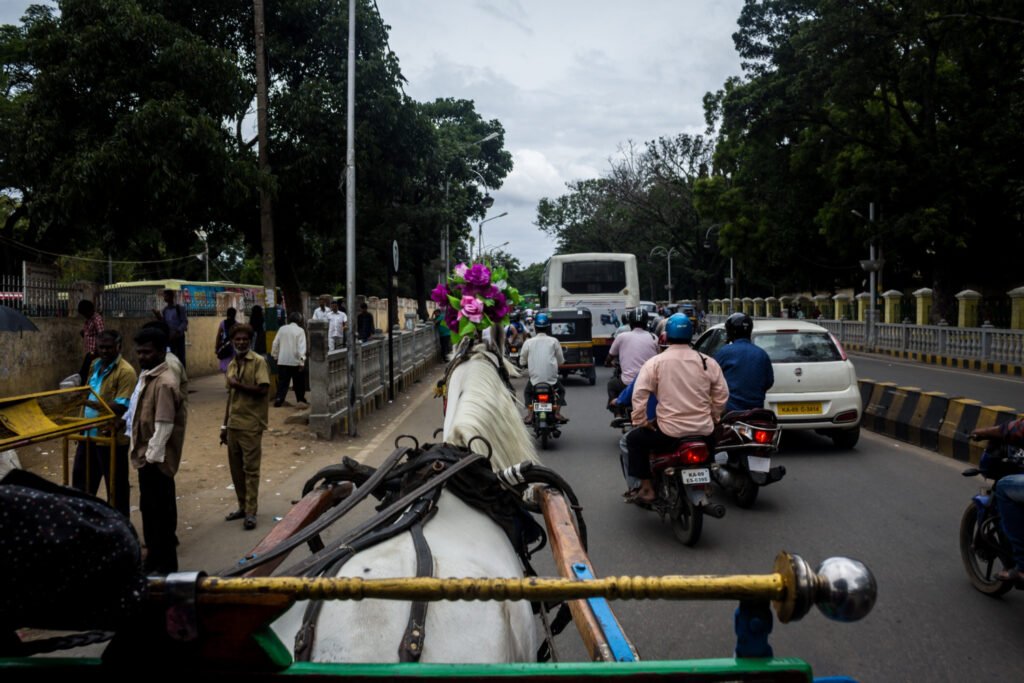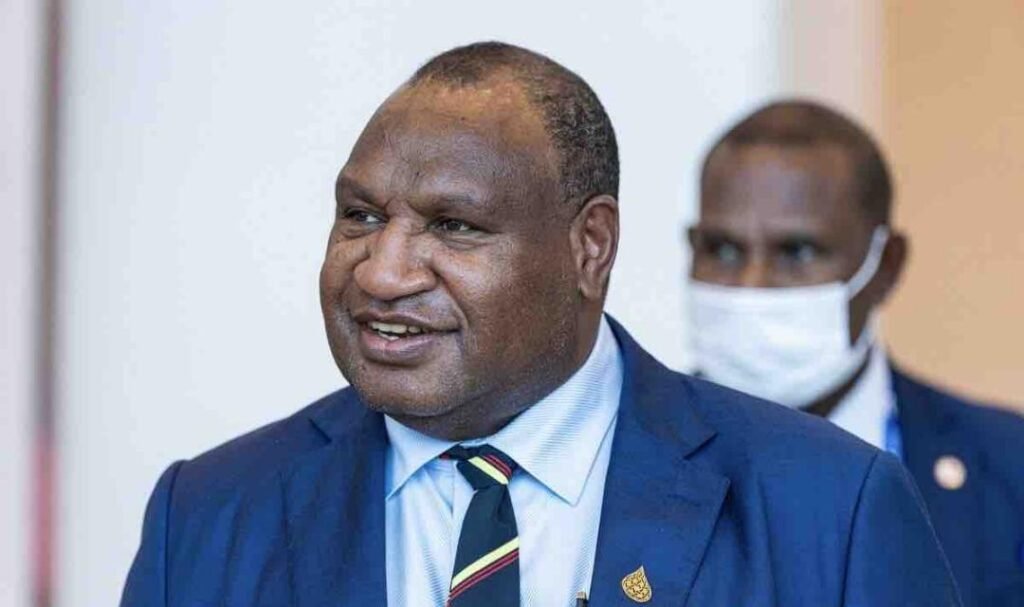As Papua New Guinea confronts the re-emergence of polio after two decades, public health experts are pointing to a key factor behind the setback: COVID-19 disruptions have weakened PNG’s routine vaccination systems, leaving thousands of children vulnerable to preventable diseases.
The Ripple Effect of the Pandemic
During the height of the COVID-19 crisis between 2020 and 2022, routine immunisation programs were severely disrupted across PNG. Lockdowns, fear of infection, restricted movement, and overwhelmed health facilities led to widespread delays or cancellations of childhood vaccinations.
According to the National Department of Health, immunisation coverage for diseases like measles, polio, and diphtheria dropped by more than 30% during the pandemic. Health workers were redirected to COVID response teams, supply chains were interrupted, and many rural clinics were temporarily closed.
“COVID-19 shifted our entire focus,” said Dr. Helen Kave, an immunisation advisor in Port Moresby. “In that period, basic health services—especially immunisation—were deprioritised, and the consequences are becoming painfully clear now.”
Why Routine Immunisation Matters
Routine vaccinations form the backbone of a country’s disease prevention strategy. When coverage falls below a certain threshold, herd immunity collapses, allowing once-contained diseases like polio to reappear.
The two recent polio cases in Lae serve as a warning. Public health authorities fear more cases could surface in areas where vaccination gaps widened during the pandemic—especially in remote parts of the Highlands and coastal provinces.
Building a Stronger Immunisation System
To prevent future outbreaks, PNG needs a resilient, adaptable vaccination strategy that can withstand emergencies while maintaining critical services. Experts are proposing several key solutions:
1. Decentralize Vaccine Delivery
During the pandemic, centralized vaccine storage and distribution points became bottlenecks. Going forward, health planners recommend expanding community-based cold-chain storage and enabling local health centers to maintain their own supply of routine vaccines.
2. Invest in Mobile and Outreach Clinics
Reaching remote populations remains one of PNG’s biggest immunisation challenges. Permanent mobile vaccination teams, supported by solar refrigeration and GPS tracking, could help bridge this gap and ensure consistent access, even during crises.
3. Strengthen Health Worker Training and Retention
COVID revealed the fragility of PNG’s health workforce. To protect routine vaccination programs, more trained nurses and vaccinators must be hired, equipped, and retained, especially in rural districts where staff shortages are most severe.
4. Integrate Digital Tracking Systems
Manual record-keeping often delays response times and makes it difficult to identify immunisation gaps. A national electronic vaccine registry could track each child’s immunisation status and alert families and health workers when doses are missed.
5. Public Education and Trust Building
During COVID-19, vaccine hesitancy spread due to misinformation. Public health campaigns now need to rebuild community trust in routine immunisations, using clear, local-language messaging and collaboration with churches, schools, and village leaders.
A Turning Point for Public Health
Papua New Guinea now faces a critical choice: rebuild its vaccination systems with resilience—or risk further disease resurgence. The COVID-19 pandemic exposed the weaknesses, but it also offers an opportunity to rethink and redesign how essential services like immunisation are delivered.
“Resilience means being prepared for the next crisis while protecting what matters most—our children,” said Dr. Kave.
The PNG Bulletin will continue to follow and report on efforts to strengthen the country’s public health systems. Because protecting children from diseases like polio, measles, and tetanus isn’t just about vaccines—it’s about creating a future where no child is left behind.
